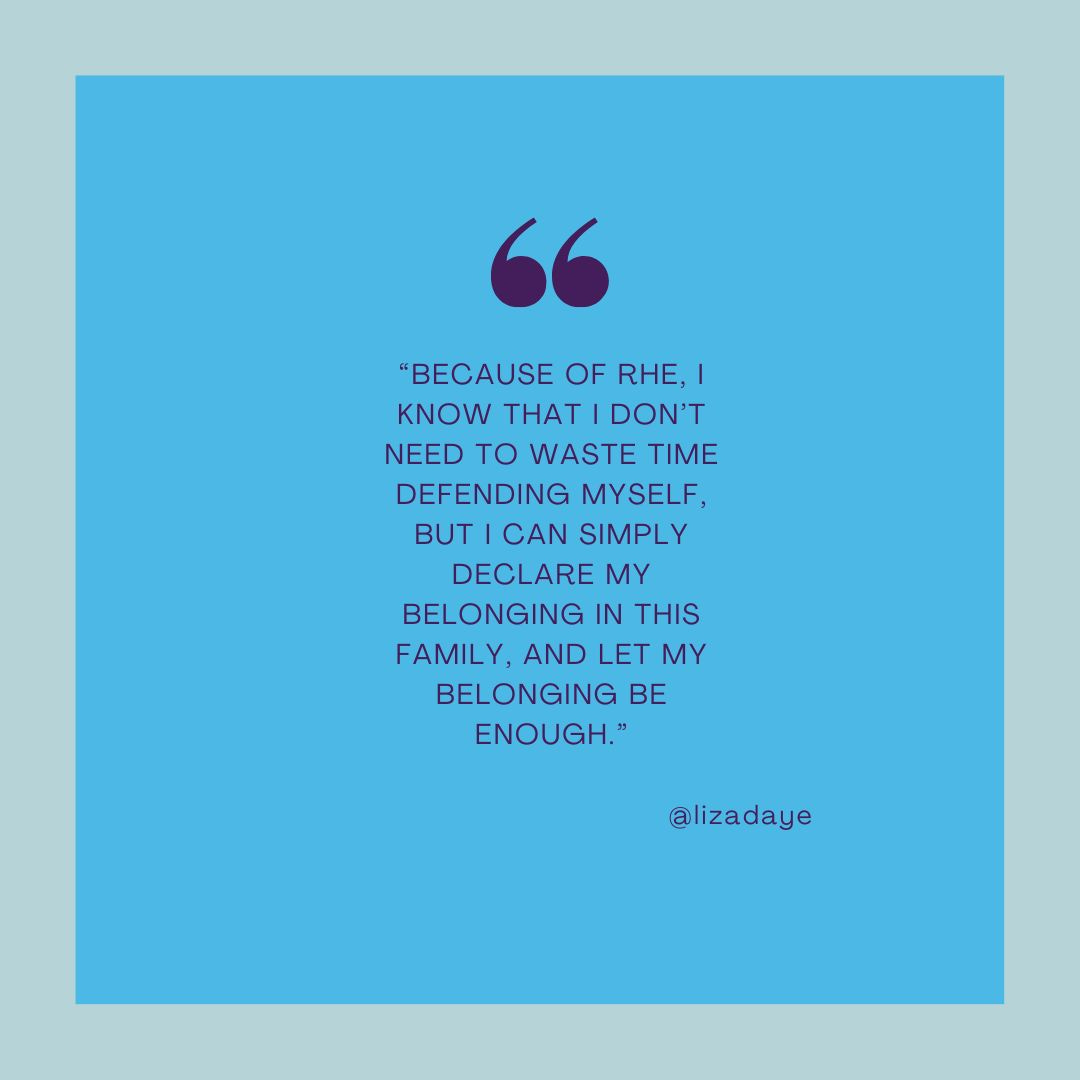If I was going to leave the church at any point in my adult life, it was going to be in 2020. And I don’t just mean my church, I mean the whole thing. It’s one thing to go through 2020 experiencing this very real move of the spirit, revealing the state of the AEC, and observing this real time “sifting” that took place. But the summer of 2020, relationships both formed and fractured. As Covid captured some of our strongest loved ones, the trauma responses by our family members on the far right of being swept away by “conspirituality” and postmodern gnosticism left so many of us wondering what on earth do we do now? Where do we go from here? Who is safe?
I love God. I love Jesus. I love the church. But in 2020, belonging to this institution absolutely gutted me. I’ve written before about the collision I experienced as I battled to reconcile my southern (racist) upbringing with my “colorblind” attitude, and how that affected my current multiracial family. My black husband. My nonwhite children. How does a great granddaughter of the confederacy, the granddaughter of klan members who farmed during the week and preached on Sunday, begin to turn the tide in her own family? Are restoration, reconciliation, and redemption even possible?
That summer, I had to see the fullness of my family for what it was and figure out how I could reconcile all of it. I had to look at my family’s confederate flag tattoos and MAGA flags and decide what their allegiance meant for my faith. This was on top of compounded grief from the world shutting down, the loss of life, and the death of everything that had been kept in the dark.
But shocker, the answers I was looking from didn’t come from evangelical bastions of publication nor well-funded mega church content. The answers didn’t come from well marketed evangelical-adjacent inspirational quotes or cutesy self-help books. The answers didn’t come from Kirk Cameron rants or Franklin Graham’s tweets or Marjorie Taylor Green’s conspiracy theories. My resurrection began with RHE’s words in Inspired, and I’d be remiss if I didn’t give credit where credit is due. Listening to her books in her own voice helped me to love the bible again, when it was really hard to love. Her gentle spirit helped me tip toe back into the loving arms of my heavenly Father. Hearing her tell the story of Esther, and in another work, the story of Zarmina unearthed a childlike faith that had been buried. Truly, a buried treasure. And when I read how she chose to transform her conservative hate mail into origami as a powerful Lenten practice, I felt the love of God clearly saying, “If she can do it, you can too.”
Did her words sweep me into the throws of progressive Christianity and liberal theology? No. They led me back to the cross, a reverent place of curiosity and hope. They led me to follow Jesus in sandals towards the fullness of who the triune God is. The legacy of her words led me to a resurrection purpose that includes the power of my full femininity, without shrinking myself.
Because of RHE, I chose to remain, and abide. Because of RHE I followed Jesus’ call towards seminary— Evangelical Seminary. Because of RHE I even feel like there’s space for me here. Because of RHE I found love and mercy for those that were so hard for me to love. She gave me back a better evangelicalism than I could have ever imagined, and a grace-filled gospel that includes the whole world that the maker of the universe so loves. When I was ready like so many, to ditch the whole thing, she let me simply love God’s story.
This church tradition that we belong to is so rich. Rich with resurrection life and gospel possibilities. And because of our unshakeable belonging, we’re invited to participate in the flourishing of the family of God. Because of RHE, I know that I don’t need to waste time defending myself, but I can simply declare my belonging in this family, and let my belonging be enough.
So today I’m honoring her life and legacy for the gift that it was. Because without her, I wouldn’t be here.



